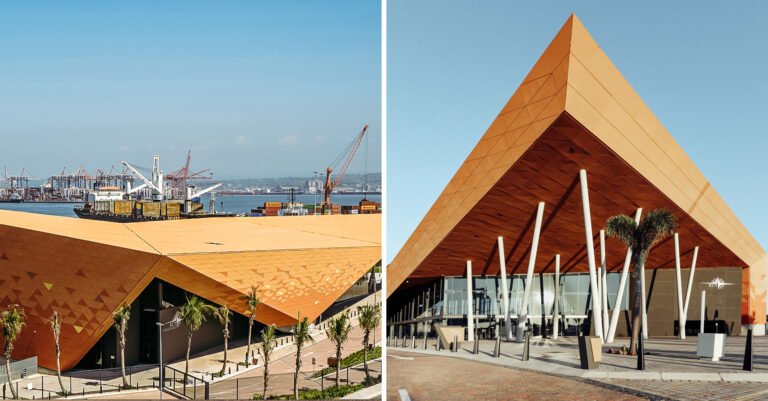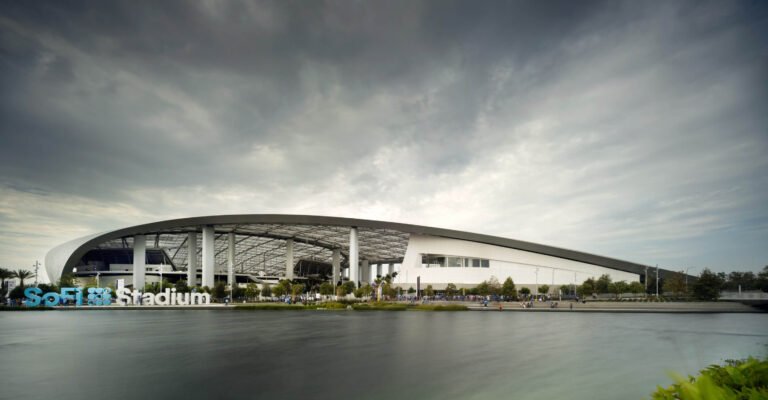Habitat TorreMalilla Residential Building / NAC Arquitectos
Habitat TorreMalilla Residential Building / NAC Arquitectos


Text description provided by the architects. The project begins with the urban development of the plot, located within the city’s southern limit. In the development of volumetry, it is intended to define a volumetric arrangement focused on favoring the optimal application of bioclimatic criteria and reducing energy consumption. Criteria are fundamentally based on an optimal orientation of the bodies to facilitate solar gain and a building depth that allows the resulting dwellings to have a double facade to facilitate cross ventilation. The aim is also to increase the environmental quality of the open spaces inside the plot with the objective that they have maximum sunlight to the south and that the distances between the building bodies are as large as possible.



With these objectives in mind, and in order to provide a solution to the high buildability of the plot, a high-rise building is planned with a 12,5 meter deep, which allows to free up the largest free space on the plot and to work with double-facing dwellings in order to improve comfort and optimize their energy performance. The residential complex is made up of two main volumes, one twenty stories high and the other fourteen stories high arranged to form a T-shaped plan. A third body, two stories high and intended for tertiary use, acts as a plinth to give homogeneity to the main façade of the block.



The free spaces gained on the ground floor are resolved together with the porticoed solution in a sequential, continuous, and diaphanous space, where the glass boxes of the entrance halls and the open staircases are inserted for access to the building. This public space is extended on the roof of the tertiary body, providing it for use as a solarium terrace and for social gatherings.


The constructive solutions used for the materialization of the façades stand out. The development of the joinery on the south façade has been carried out in the workshop and received on the structure fronts with a system of profiles that resolve the joints, giving rise to a high level of industrialization in the execution of the work. The north façade has 3×1 m extra-thin ceramic cladding, which provides a guarantee of durability and low maintenance against the possible effects of weathering. The openings on the north and west façade have a double solar control system consisting of blinds and shutters.

Thanks to the passive measures, the high-performance technological solutions of the enclosures, together with the thermal installations used in the dwellings, the necessary conditions for obtaining the “A” Energy Efficiency Certificate are achieved.

The building conveys a modern image due to its materiality, geometric rotundity, and constructive clarity, constituting a reference among the constructions in the area and recognizable in the skyline from the entrance to the city.







